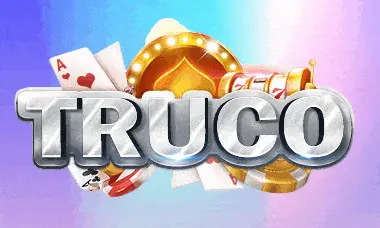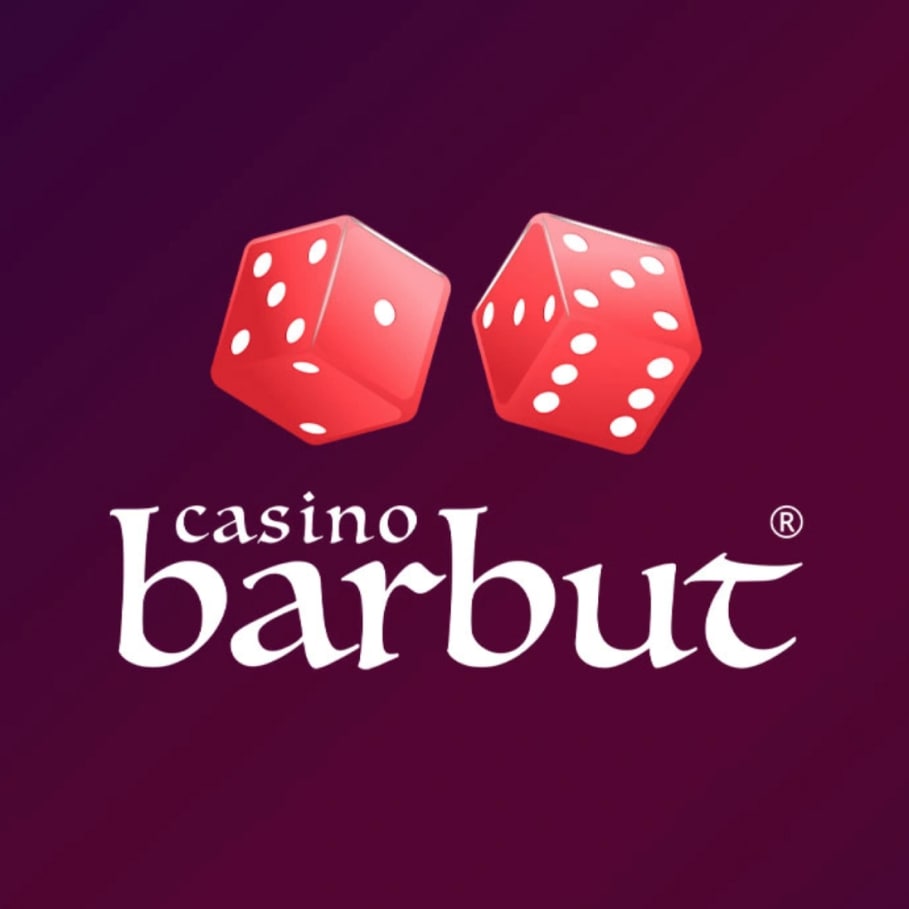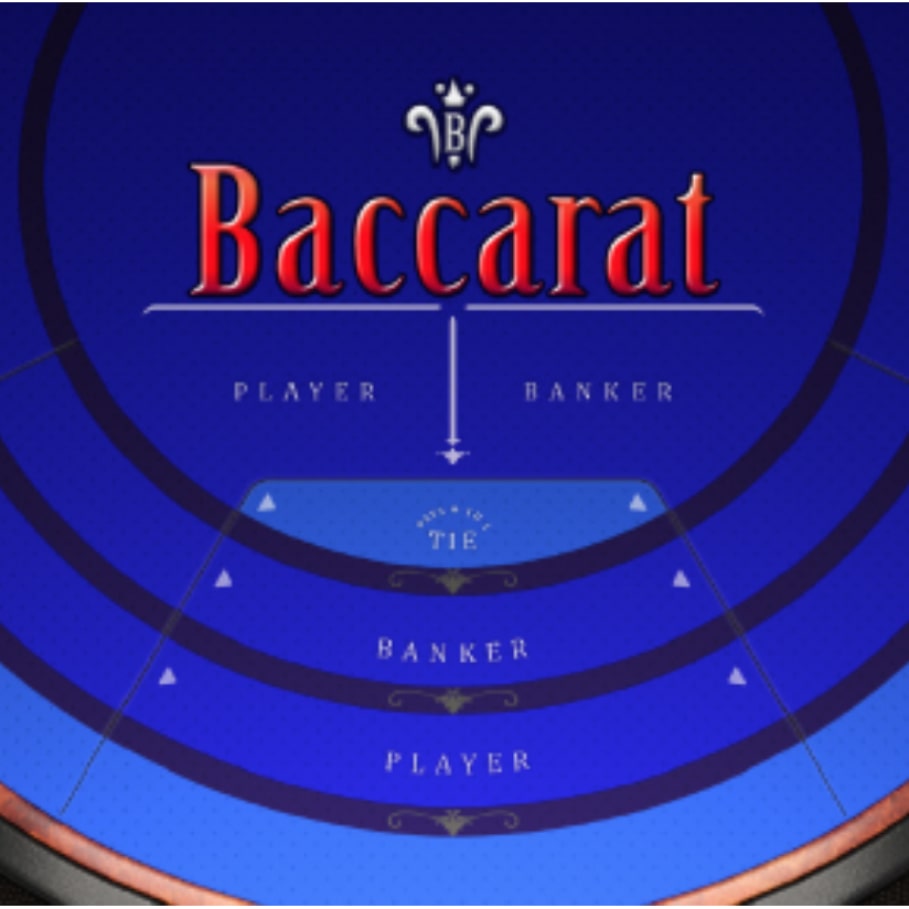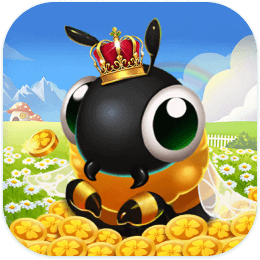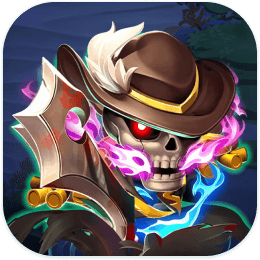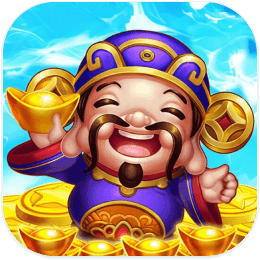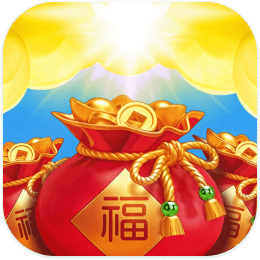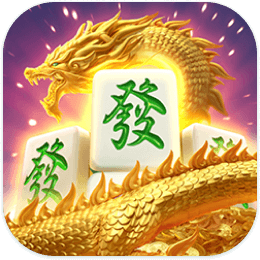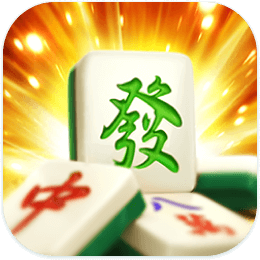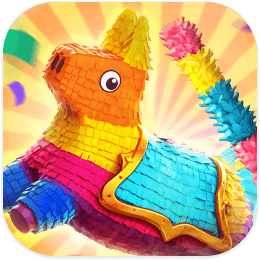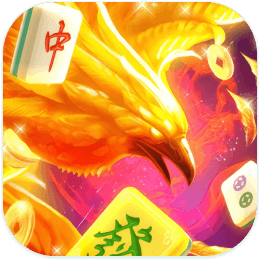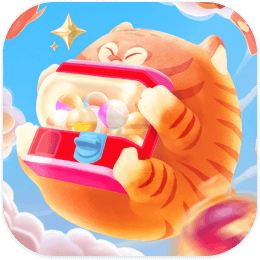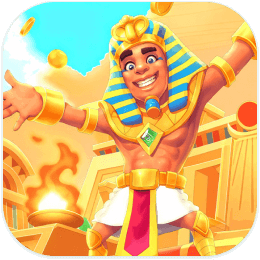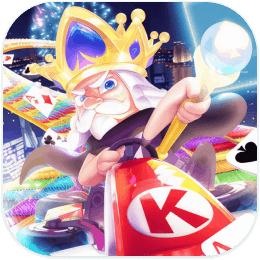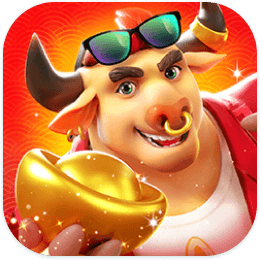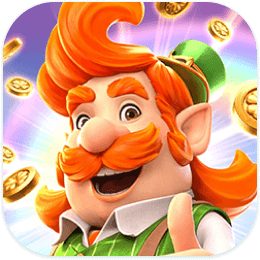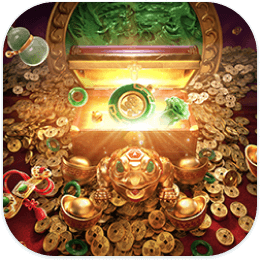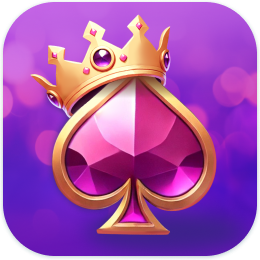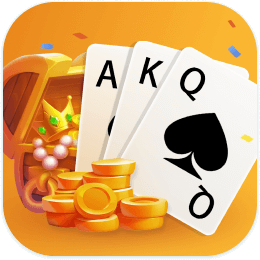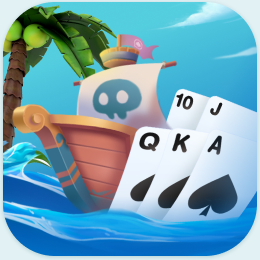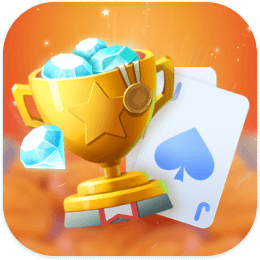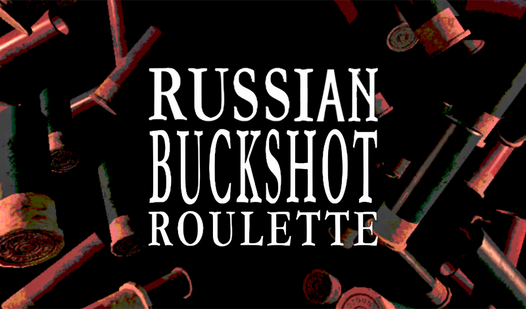Fridge / Buckshot Roulette - TV Tropes
A page for describing Fridge: Buckshot Roulette. Fridge Brilliance It would be incredibly easy for the dealer to cheat just by the simple fact that they load …
Go To
Fridge Brilliance
-
It would be incredibly easy for the dealer to cheat just by the simple fact that they load the shells. But it is possible to load a shotgun without looking. In addition, the player always goes first after the shotgun is loaded. In essence the dealer is making it certain that not only is the game fair, but the house is at a disadvantage.
-
The inclusion of a random guy smoking outside the door to the dealer’s room seems to just be a bit of set dressing. Then you realize he’s most likely the doctor who revives you if you go down in the first two rounds, and suddenly his inclusion makes perfect sense: he’s on standby waiting for unlucky players.
-
Confirmed by the game files, which has the doctor’s model listed as “smoker dude.”
-
The smoker is noticeably absent in Double or Nothing mode. In that mode, rather than being revived by a doctor when you lose, you simply wake back up in the bathroom.
-
Each of the items has both a practical and psychological effect on the game.
-
The Hacksaw is fairly obvious. It turns the shotgun into a sawed off giving double damage. Psychologically, it’s telling the other player, “I intend to shoot you since I am certain there is a shell in the chamber.” But if one messes up, not only has the player wasted an item, the shotgun repairs itself, and it’s the other player’s turn. Double or Nothing.
-
The Beer Can allows the player to cycle to the next shell. While not represented in game, drinking alcohol would impair one’s decision making, perhaps even cause the player to miscount or misplay. In essence, gaining knowledge but also losing it.
-
The handcuffs forces the other player to skip a turn. Or in essence, putting the player at the mercy of the other.
-
Cigarettes give the player another health point, but smoking long-term is harmful to your health. Trading life for life.
-
The magnifying glass allows one to see what shell is in the chamber. The act of breaking the glass makes it known you are doing this and that you can’t go back.
-
The Dealer using the magnifying glass as is, is just the Dealer messing with you.
-
The burner phone tells the player about a future shell’s polarity. Similarly to the magnifying glass, the player breaks it afterwards to signify that they know what’s coming.
-
The inverter turns live rounds into blanks and vice versa. This indicates that the user knows what’s next and is changing it to their whims.
-
The expired medicine has a chance to heal two charges, but otherwise damages the user. Same case as the cigarettes, but instead of hurting later on, it’s an immediate gamble with your life.
-
Look closely at how the Dealer uses items, and you’ll see some subtle psychology at work.
-
While using “offensive” items, designed specifically to harm the opponent, the Dealer uses them in a more aggressive manner than you, as a form of intimidation. It always handles the Handcuffs; it easily and brutally shows off its strength while cutting the shotgun with the Handsaw; and can steal items from you without bothering to actually inject itself with the Adrenaline.
-
While using “vice” items, designed to give the user a benefit, the Dealer clearly shows off its enjoyment and confidence: it shotguns the Beer, calmly enjoys the Cigarette, and playfully throws the Medicine pill into its own mouth.
-
Finally, when using the other items, the Dealer never actually uses them: it doesn’t check the shotgun when using the Magnifying Glass, it doesn’t listen to the Phone, breaks the Polarizer instead of activating it, and doesn’t even bother using the Adrenaline. Despite that, the Dealer somehow still reaps the benefits of those items - which gives you the worrying impression that it could easily tell which shells are inside the shotgun, or even change them at will; but simply chooses not to.
-
In the normal playthrough, your winnings get reduced for each time you retry a round and each time you used beer or cigarettes. While the Doylist side of this is to gauge how well your playthrough went, it can also be explained in-universe:
-
Beer and cigarettes are recreational items that get put on your tab, and therefore their cost is deducted from the money you win.
-
The first time is always free. If you come back, you’ll get charged an entry fee (and possibly medical fees) by the Dealer.
-
There are two cameras on either side of the dealer, implying the game is being streamed on the dark web. This offers a source of profit to keep the game going, which may be where the Dealer gets all their cash.
-
You could interpret the Dealer’s politeness as an act to make the player continue playing, but if the player is so desperate that they return even after almost dying from a point-blank gunshot, then the Dealer could be as rude as they liked knowing the player would come crawling back. Like Hannibal Lecter, the Dealer just likes good manners.
Fridge Horror- The whole game appears to be a metaphor for addiction and how it can ruin your life.
-
The basic premise of it is that you’re playing a variant of Russian Roulette, an infamous deadly gambling game, and therefore risking your life for money.
-
The setting is a seedy-looking nightclub, which are usually drug dens. Sure enough, there are pill bottles in the bathroom you start off in.
-
There are no movement options other than clicking the doors, and there’s no way to quit the game aside from winning or alt-tabbing out. You’re trapped in the game with no other option than to play, much like how addicts are often trapped in their vices with no clear escape.
-
The word “Afraid?” is written on the wall of the bathroom. Peer pressure is often how people start taking addictive substances. Likewise, the doctor reviving you and telling you the night is still young even after you nearly died could be a metaphor for toxic friends who encourage their struggling friend’s vices.
-
Two of the items you can use are cigarettes and alcohol, both with high addiction and fatality rates.
-
Finding God’s bloody waiver shows that even those who have everything are at risk of losing it all by gambling.
-
Even if you succeed and get the money, the song that plays at the end seems almost melancholic, as if asking you if all of this was worth it. And often, it isn’t.
-
Even when the player wins, there is no happy ending. $70,000, the maximum reward amount, is only about a year or two of income, and if the player keeps gambling, they could lose it all quickly. Such a small reward definitely wasn’t worth risking their life. The player even takes the shotgun with them, symbolizing that the addiction will follow them.
-
Perhaps the most telling feature though lies in the Dealer’s accepted form of payment; Seemingly nothing. He doesn’t ask for or fulfill any favors, he has blood to spare on transfusions and money to burn on prizes and paying his assistants. He doesn’t even take your soul considering he seems to send you directly to Heaven if you lose to him. In the end, the money reward and the trip to Heaven comes across less like a prize to be won/consolation prize, and more like compensation for providing him a service; In this case, giving him genuine entertainment during your match against him.
-
The first time is always free.
-
If we take into account that the Dealer is probably supernatural, then his sudden change of attitude after your unexpectedly (for him) return in the third round starts making sense: he probably thinks you’re another like him, and that to him means cheating because neither of you can actually die.
-
Double or Nothing drives the point even further. You could get all the money in the world, or you could die with nothing, and it all depends on if you’re satisfied with your winnings yet. It’s a gamble boiled down to its purest form.
-
The Dealer is just as addicted to the game as you are. They take beer and cigarettes when they don’t need to. They don’t get paid if they win and will let you retry as many times as you want. They’re heavily implied either to be God or to have killed God and taken the deity’s powers (omniscience and omnipotence), so if they wanted you dead they would have killed you. The only thing the Dealer gets out of the game is the thrill of gambling. Which is why…
-
…The Dealer is manipulating you to get addicted to the game. The story mode AI is can be hilariously stupid
 at times, allowing most players to win on their first run, while the Double or Nothing (endless mode) AI is much more difficult
at times, allowing most players to win on their first run, while the Double or Nothing (endless mode) AI is much more difficult . As this Buckshot analysis video
. As this Buckshot analysis video points out, the House pays out a small reward ($70,000 isn’t a lot in today’s economy), then ruins the gambler by tempting them with ever bigger prizes. If you keep coming back to feed your addiction, you’ll keep feeding the Dealer’s addiction too.
points out, the House pays out a small reward ($70,000 isn’t a lot in today’s economy), then ruins the gambler by tempting them with ever bigger prizes. If you keep coming back to feed your addiction, you’ll keep feeding the Dealer’s addiction too. -
The doctor is probably trapped in a predatory contract with the Dealer. The Dealer either tricked the doctor into this work with vague contract details, or the doctor was desperate enough for the money to do gruesome work.
-
The player was specifically chosen for the game. The player wakes up on the second floor restroom, as there appears to be a rave downstairs, but there are no stairs or elevators anywhere in the restroom or the hall leading game room. The player presumably didn’t enter through the game room, or they would have seen the Dealer. This meant that the player was either passed out at the party or got knocked out, then one of the people keeping the game running
 carried the player to the bathroom to lead them to the game.
carried the player to the bathroom to lead them to the game. -
Even a serial gambler would hesitate to place their life on the line, so the player must have been very desperate to risk it. Either they were deeply in debt, or they were trying to help an ill loved one. The Dealer chose the perfect victim.
-
This shitpost
 made by Critical Reflex, the game distributor, has the disturbing implication that the Dealer’s gun is their “peanits” , which leads to more internal screaming once you realize that…
made by Critical Reflex, the game distributor, has the disturbing implication that the Dealer’s gun is their “peanits” , which leads to more internal screaming once you realize that… -
The gameplay involves you and the Dealer shooting rounds from their gun at each other.
-
When one of you handcuffs the other, you get to shoot the gun more times.
-
Sometimes a live round comes out of the gun successfully, and sometimes you come up blank: you try to shoot and nothing comes out.
-
This is maybe a little funny until you realize that this means the Dealer tricked and, given how desperate the player was for money, coerced the player into playing a game that was their kink. Then you assure yourself this was just a shitpost, it’s not real and it can’t hurt you (unless you’re into it too).
Literally Mindblowing Gameplay. 15 to 20-minute intense playtime. Enter the arena, go three rounds against The Dealer, and walk away with the prize.
This site only collects related articles. Viewing the original, please copy and open the following link:Fridge / Buckshot Roulette - TV Tropes

